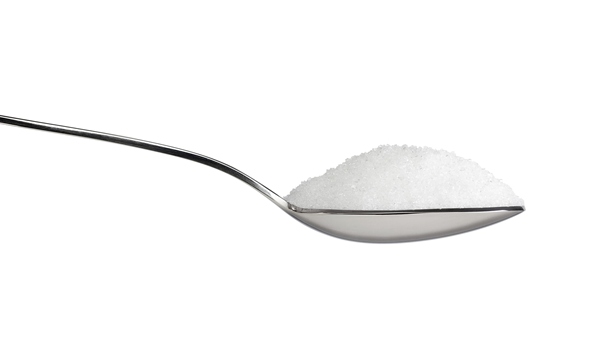
As a society, we consume a diet that is literally inundated with sugar in many forms. Let’s face it: sugar is a hard substance to avoid in our diet, even if we tried! The many faces sugar can take are endless. In my opinion, the overconsumption of sugar is the reason why the rates of obesity, type 2 diabetes, and insulin resistance continue to plague our population. This is also the reason why there are so many people being treated for high blood pressure, high cholesterol, diabetes, heart disease, cancer, and arthritis.
A recent study conducted at the University of Utah evaluated the effect of feeding mice a daily dosage equaling 25% of extra calories from sugar. That is the equivalent to an extra three cans of soda in the human diet.
The researchers found that female rats had twice the chances of dying prematurely and had fewer baby mice compared to mice eating the regular diet.
The male mice who were fed the extra sugar were 25% less likely to reproduce or present with normal territorial behavior relative to the mice eating a normal diet.
Various organizations including the National Research Council have recommended that added sugar should not account for more than 25% of the calories obtained in the diet. This recommendation does not include natural sugars found in fruit. According to the study’s author, Dr. W. Potts, 13 to 25% of Americans consume a dose of added sugar equivalent to that used in the study.
In my opinion, this is a very conservative estimate as I have encountered statistics which greatly refute this. In fact, simple sugar consumption is greatly underestimated because added sugar is consumed in foods like yogurt, breads, and frozen foods which is not even accounted for.
In addition, studies that use individual food questionnaires are very inaccurate as people frequently underestimate their intake of sugar and total calories.
In my view and depending upon the circumstances, the intake of simple sugar is hazardous to human health. It is derived of empty calories with no real nutritional value of any kind.
Simple sugars like sucrose found in many foods add sweetness and can strongly affect the brain leading to addiction. In addition, its effects upon blood sugar, insulin response, body fat accumulation, blood fat levels, and liver metabolism are well documented.
My feeling is that in healthy individuals, no more than 10% of your daily calories should be derived from simple sugars. People who are overweight, obese, have metabolic syndrome, heart disease, hypertension, or diabetes should eat no amount of simple sugars whatsoever!
Sugar can be toxic but as it acts as drug in our bodies, the effect is dose and time-related. The more you eat and the longer you eat it, the greater the risk of harms. Of course, the sugar lobby in North America, especially in the United States, is a very powerful organization who would take a great deal of issue with me here. My response to them and others who dispute this is to look at what in the human diet is making us sick and keeping us sick. The answer becomes very clear if you examine the evidence carefully which I have done over several decades throughout my career. The overconsumption of simple sugar is at the heart of our troubles!
Source:
Tepper, R., “Study Shows Sugar Is Toxic In Mice — What This Might Mean For You,” Huffington Post web site, Aug 20, 2013; http://www.huffingtonpost.com/2013/08/13/sugar-toxic_n_3749550.html, last accessed August 20, 2013.













